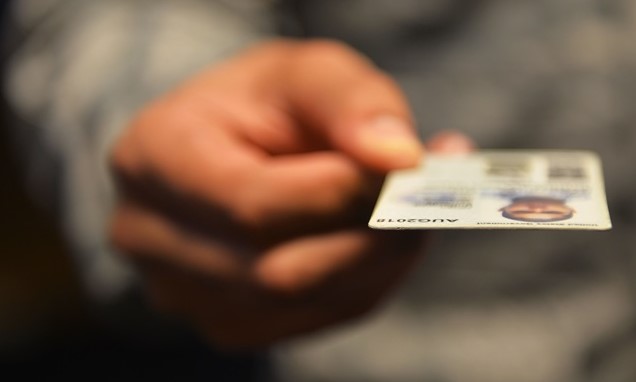The idea of taking away a driver’s privilege to drive was once considered a good idea and an effective tool to curb DUIs. Technology and the burdens put upon a driver by both the court system and the Legislature have now put that idea in question. The availability of efficient ignition interlock devices (IID) now present a viable alternative to suspension because it prevents anyone who has been drinking from operating a vehicle. Because the problems with the IID have now been resolved, the Legislature should allow them to be used as an alternative to suspension of the driving privilege, either by Judicial, the Division’s, and/or driver’s choice.
Back when suspension was considered the only choice to make the roads and highways safer, an effective IID was not an option. Also, once a driver has been through court, he or she must, in addition to maintaining employment, which is almost always made a condition of probation, attend and complete counseling, a Victim Impact Panel, do jail time or complete substantial community service, go to school, among other requirements, most of which necessitate driving, and all while paying off fines. It is an ongoing challenge made more significant without the ability to drive. It is also required when most drivers are not able to drive, ie during the suspension time imposed.
If the law would allow the installation of the IID as an option to loss of license whether determined administratively or judicially that suspension sanctions should apply, the goal of safer roads will be achieved. And along with that, more efficiency will be brought to the judicial system. We pay our judges to make just those type of eligibility decisions. Our judges have been vetted extensively through the process and should bear the weight to decide in each case whether there are circumstances that necessitate the ability of a defendant to drive, but with an IID.
It is time for the Legislature to consider and provide the option of an IID to loss of privilege to drive. Many states look to Utah for leadership in solving problems with the law and in that light, we should move forward in acknowledging that technology has now provided us with the option to take such a step.
